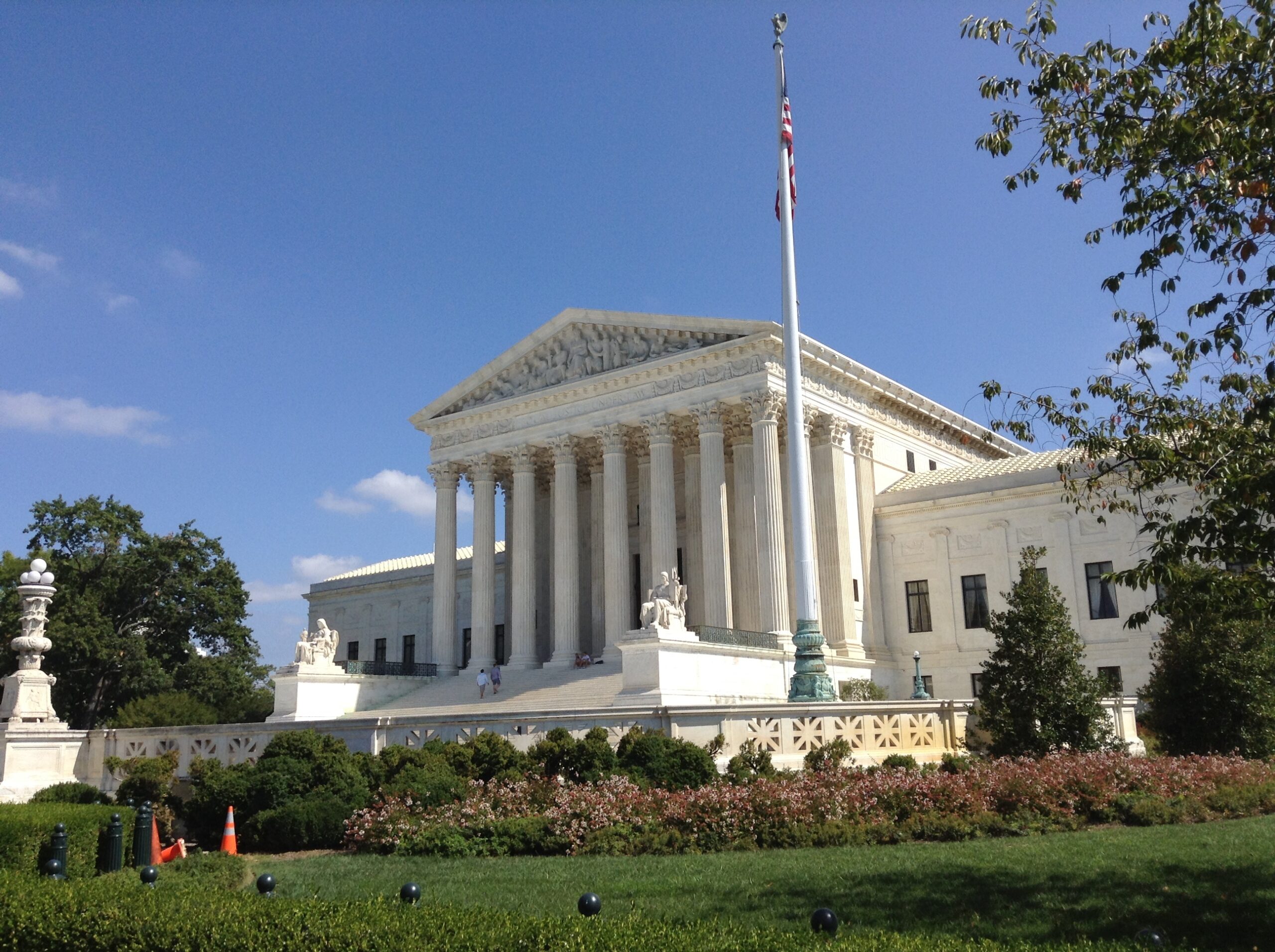On June 29, 2023, the U.S. Supreme Court issued a decision in favor of mail carrier Gerald Groff, and in doing so, strengthened the religious freedoms of America’s public employees. In February of this year, Americans for Fair Treatment (AFFT) filed an amicus brief in support of Groff.
The case, Groff v. DeJoy, which the Supreme Court sent back to the lower courts, pits a federal mail carrier against his employer and the mail carrier union over the issue of reasonable accommodation as it relates to religious conviction. It concerns the failure of the United States Postal Service (USPS) “to secure a workable solution” for Groff, whose religious beliefs “prevented him from working on Sundays.”
But the case is also about Groff’s union, the National Rural Letter Carriers’ Association, and its hostility to Groff and other public employees with religious convictions. The collective bargaining agreement imposed on Groff compelled him and other USPS workers to work on Sundays with no exceptions for religious convictions.
USPS initially tried to help Groff, but rather than support Groff’s need to exercise his religious rights, his union filed a grievance against USPS for allowing him to not work on Sundays. The union never tried to “negotiate an alternative work schedule” that would both satisfy Groff’s religious requirements and avoid disrupting his colleagues’ work schedules. Groff sued USPS for not providing a reasonable accommodation for his religious beliefs.
The Court unanimously sided with Groff.
In the majority opinion, which was delivered by Associate Justice Samuel Alito, the Court said, “Faced with an accommodation request like Groff’s, an employer must do more than conclude that forcing other employees to work overtime would constitute an undue hardship.” The ruling noted, “Bias or hostility to a religious practice or accommodation cannot supply a defense” to the employer’s actions.
“Our members believe that public employees should not be forced to go against their own beliefs and that unions should not engage in this type of compulsory and unconstitutional behavior,” said AFFT CEO Elisabeth Messenger. “We applaud the Court for protecting workers’ freedom in this ruling,” she said.
The case also raises concerns about how exclusive representation plays out in cases of conflict between employees, unions, and collective bargaining agreements. Ultimately, a workplace’s exclusive representative has the power to choose which grievances to file, even when it may not serve the best interest of all its members.
“The Union seemed to abandon its stereotypical role as the only force preventing employees from getting fired,” AFFT Special Counsel David Osborne wrote in AFFT’s amicus brief. He further stated, “The truth is, exclusive representation is all about picking winners and losers, from the bargaining table to disciplinary proceedings.”
